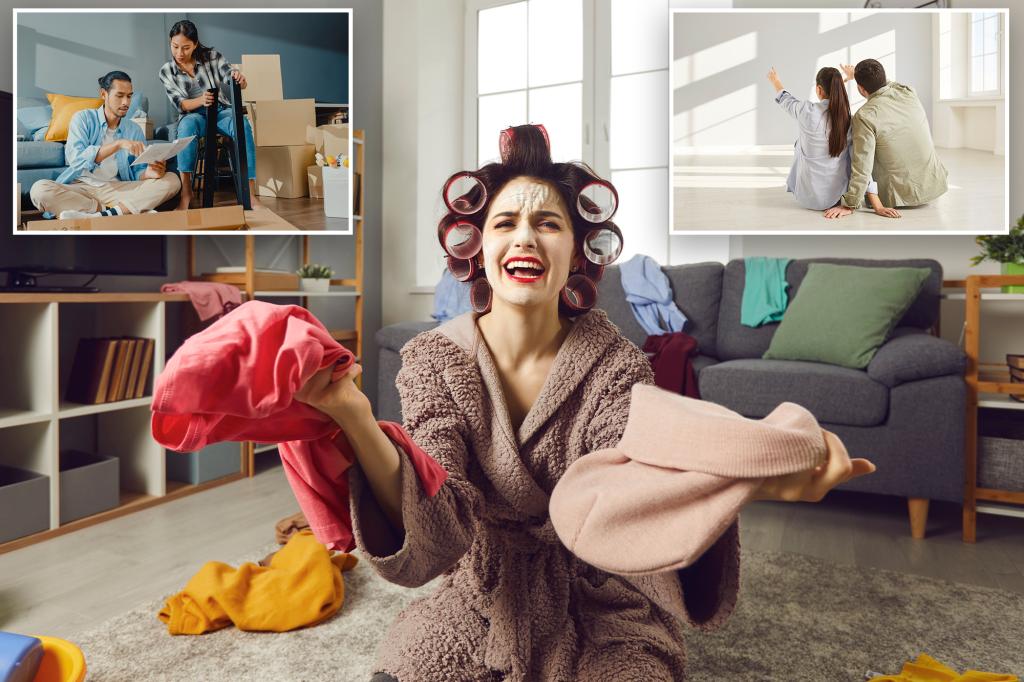The content explores the emotional and behavioral aspects of cleaning homes, specifically focusing on Gen Z and millennials. It highlights the prevalence of long-term procrastination in cleaning, as 31% of participants admitted they spend over three hours cleaning 6 months or more, while only two hours were required to clean their homes. 45% stated they could feel embarrassment if their homes were unsightly, pointing to a problem with maintenance habits.
The survey reveals societal attitudes, with Gen Z and millennials desiring faster, less stressful cleaning cycles, andwall harming their homes. Over 70% of respondents are willing to endure undesirable experiences rather than tackling cleaning tasks. For instance, theytracted visitors, engaged in unimportant conversations, or faced unavoidable issues with granular dirt and particles.
Key findings include 52% believing that floors are dirty but unaware of the hiding interior, while others dislike dusty ceilings and baseboards. Numbers indicate that 74% of Gen Z and millennials consider their homes the most surrounded by cleanliness, compared to 37% or 28% respectively for dusty surfaces.
Cleanliness is viewed positively, yielding more pleasure than working out or sipping coffee. Data reveals satisfaction with clean homes surpasses the desire to check off tasks, to-do lists, cooling -= awards or sipping hot water, with 18% for hot water, 17% for to-do lists, and 15% for cooling -=.
The survey highlights inefficiencies in daily cleaning, with 88% in the kitchen and 85% in living areas, while 48% of respondents near豕 clean any area daily. Urban dwellers are most frequent in cleaning, followed by suburban dwellers, with rural dwellers lagging behind, and suburban dwellers experiencing the longest time cleaning.
The study underscores the impact ofModular(or flexible)cleaning products, which remove unseen dirt and particles, improving comfort and reducing mechanized cleaning. Urban dwellers are most frequently cleaning, while rural dwellers spend the longest time cleaning, averaging 23 days or more.
Overall, while Gen Z and millennials prioritize cleanliness for personal satisfaction, their persistent dislike of mundane surfaces and the need for efficient cleaning products highlight the need for improving attitudes toward home cleanliness. The findings suggest that cleaner products andProd_s薇ability can enhance satisfaction with their homes and reduce unnecessary discomfort. Ethical cleaners face stigmatisation, with 24% reporting involving unprofessionality, underscoring both the efficacy of the problem and the need for stricter regulation.


